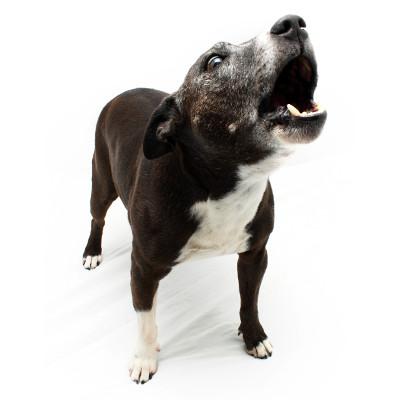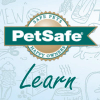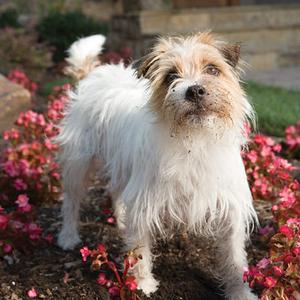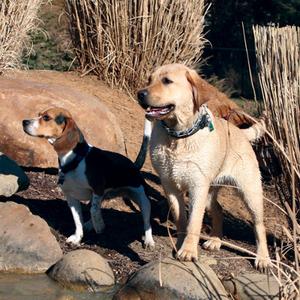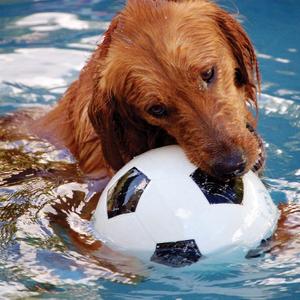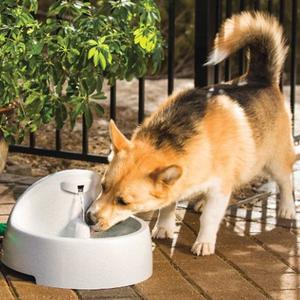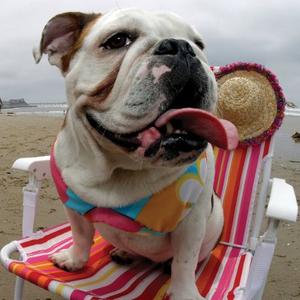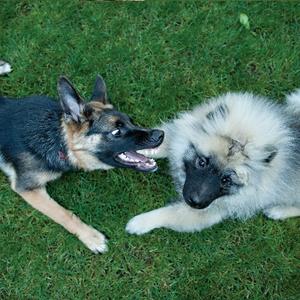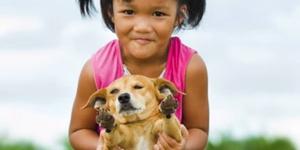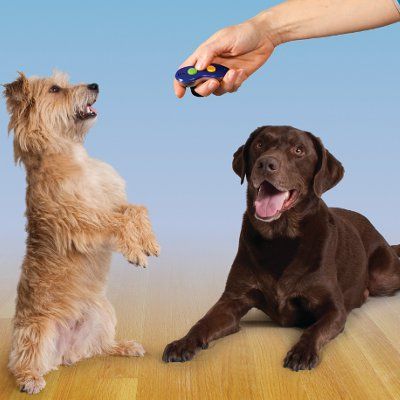 Pros and Cons of Having a Small Dog
Pros and Cons of Having a Small Dog
One of my basic rules of pet ownership is never get a dog bigger than you can lift. It may seem silly, but I've been on the phone with many a pet owner in the middle of the night, and if they have a large dog who's very ill and can't get up, there's no ambulance system and team of EMTs for pets as there is for people to come by and help out.
Small dogs have other advantages as well - less food, medicine costs less, less shedding and they are easily portable for trips with the family. One potential problem with small dogs, however, is their tendency to not look in the mirror and realize that they are small - they have big hearts, full of canine courage and can sometimes take on a foe many times their size with disastrous results. No place is this more evident than at the dog park, where dogs of all sizes can be thrown together for fun and exercise that can turn to tragedy if they aren't closely watched.
When Little Dogs Take Over the Dog Park
Dog parks encourage dogs and their owners to go out and get some fresh air and sunshine while strengthening their bond. With our fractured, modern lives and a spreading epidemic of human and pet obesity, it seems like a made-to-order cure-all for everyone involved. It's hard to find fault with the idyllic image of dogs romping and playing, tails wagging, while their owners chat over the small details that make up our lives.
But I have seen many trauma cases come from dog parks, and the victims were almost always smaller than the attackers. Yorkies and Bichons seemed to be the most common targets of the larger aggressors. This is a condition known in the profession as "Big Dog - Little Dog" and abbreviated BDLD, and also known as "little dog syndrome". The injuries, sometimes incurred in just a few seconds, would be horrendous, the trauma massive. It's shocking how much damage a set of jaws can do in such a short time - 30 seconds of fighting could lead to weeks of recuperation, multiple surgeries and thousands in medical bills. Many of the owners became victims themselves, usually bitten on the hand or arm as they tried to wrest their smaller pets from the jaws of the larger dogs. The CDC reports that 885,000 people need medical attention every year for dog bite injuries.
How to Stay Safe at Dog Parks
These tips apply to every dog at a dog park, but especially smaller dogs who need extra protection.
- Know the dogs who are there. I know this isn't always feasible, but if you know the temperaments and dispositions of the dogs your dog is playing with (say, from prior arranged play dates), you are that much less likely to have an injured pet.
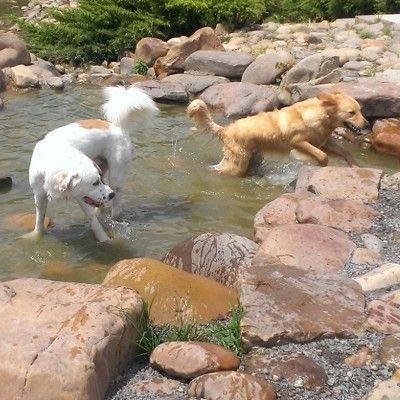
- Know the lay of the land. Are there spots where dogs could interact, and possibly get injured, that are out of your line of sight? If trouble occurs, is there an easy exit? If badness happens, are you ready for it? Be ready for things to go wrong, and be ready to act if they do.
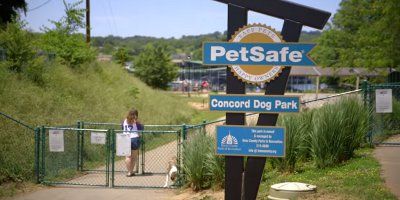
- Watch. This may be the most important one of all - watch what your dog is doing and who they are doing it with. Keep track of the action and be ready to swoop in and break up the fight if you need to. A can of pepper spray or a big stick to pry a dog away from its victim can save a life. If you have a smaller dog and they are romping with a bigger dog, stay alert to the possibility that the play may turn in a direction you don't want it to. If there is a dog you don't know who is showing extra interest in your smaller dog, pick them up and head out. Similarly, if you notice a dog owner who is not paying attention to their dog, that could be a recipe for disaster. Don't toss your dog in the melee and wander off - you are there to protect them from harm.
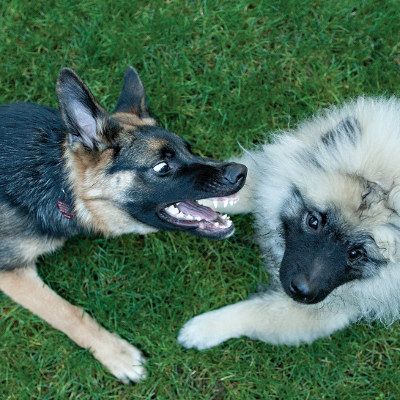
- Small is beautiful. A smaller park with less potential for huge roiling masses of dogs is safer than a one where large groups of dogs can group and set off the pack mentality. Similarly, a smaller group of dogs is easier to monitor and watch over than a pack of 50. Try going on less-traveled days when the crowds are smaller. Avoid extra-hot days to stat safe from another killer - heat stroke.
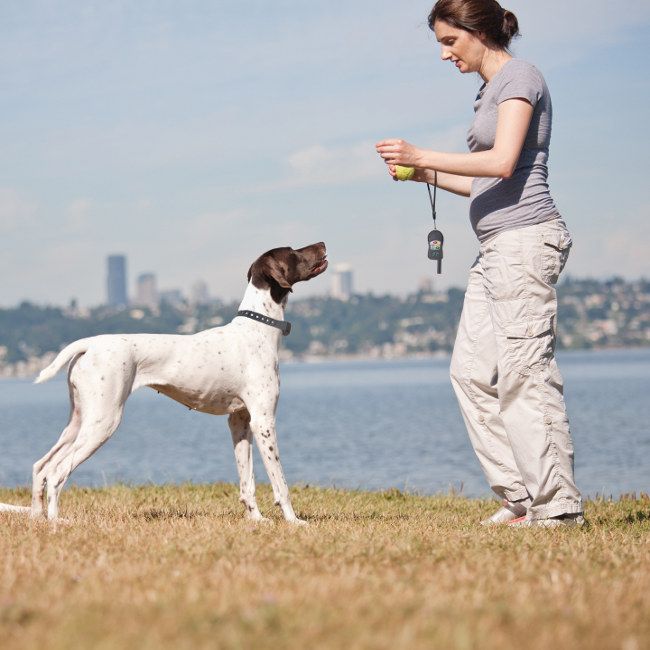
- Consider the alternatives. If you have a small dog and only have access to a big park with lots of big, dangerous dogs, the dog park may not be the safest place to take your dog for playtime. Consider a get-together at your home with dog-owning friends with dogs of known temperament, or a stroll with just you and your dog. Or maybe your local dog park just need an upgrade, like adding a safer, small dog-only enclosure.
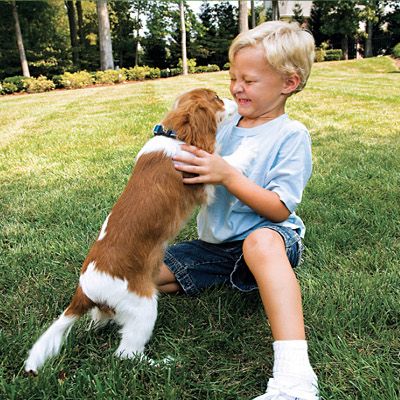
- Train your dog. Properly socialized dogs can go a long way towards minimizing the risks of a dog park, too. Make sure your dog has good 'doggy manners' by enrolling them in a good training program (once they are old enough), and ask your veterinarian for pointers on socialization or resources for good classes to attend. If your dog has aggressive tendencies, don't go to the dog park and expose others to risk. Make sure your dog is comfortable with strange dogs, and avoid situations that may set them off. In this way, socialization benefits everyone - less chance that a little dog will get bitten, less chance that a big dog will do the biting.
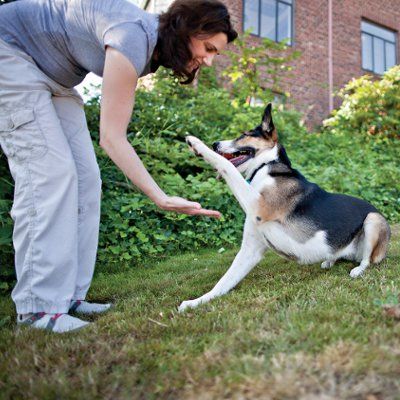
Do all that you can to keep your little dog from falling prey to another dog at the dog park. Your family veterinarian also has resources for you to keep your dog safe, and certainly has the knowledge and skills to help if they do become injured or ill. One other note - if you are going to take your dog to the dog park, make sure they have completed the full puppy series of vaccines, which usually ends between 4 and 6 month of age depending on breed. Boosters in young adulthood are important, too.
With a little pre-planning, a little common sense and lot of alertness, you can make sure you never encounter trouble at the dog park, no matter the size of your dog - or what size your dog thinks he is.

